When we talk about budget smartphones, we don’t usually expect too much on performance, let alone features that stand out among the rest. But the Cherry Mobile IRIS has a trick up its sleeve. As the name implies, its one of the very few phones equipped with an IRIS scanner. The question is, how well does it work? and does it blend well with the rest of the phone? Let’s find out in this full review.
Design
The design of the IRIS reminds me of the Cherry Mobile Zoom, only this time, with soft curves. It’s simple, but somehow, it works. It doesn’t have much weight and does feel like a budget phone when you hold it.
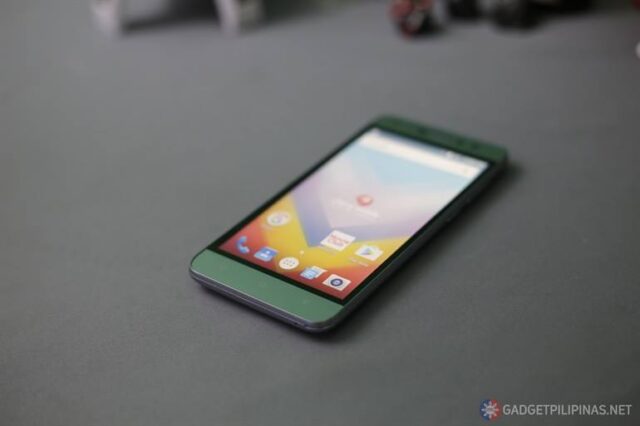
The 5-inch display graces the front along with the slew of sensors, including the IRIS scanner (Blue lens)
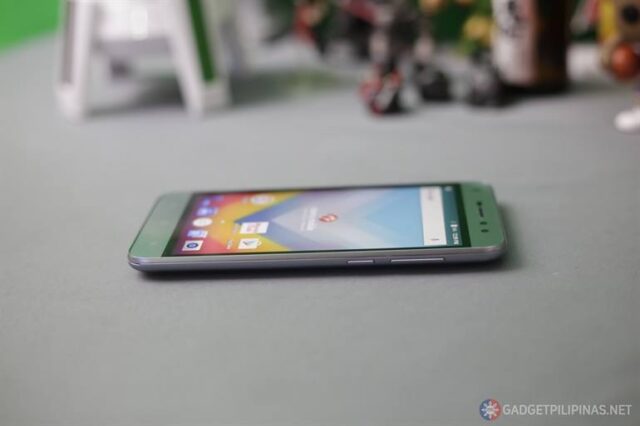
The power button and volume rocker are placed on the right side of the device. And while they do blend well with the design, I find them a little wobbly.
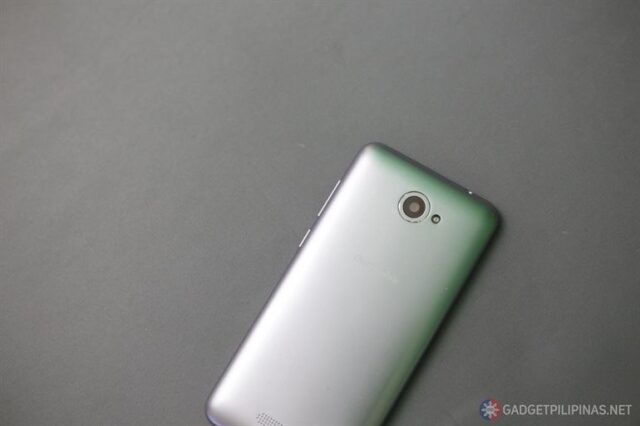
The removable back panel houses the 8MP camera, along with some branding, and an awkwardly placed speaker which can obviously get covered when the phone is placed flat on the ground.
Display
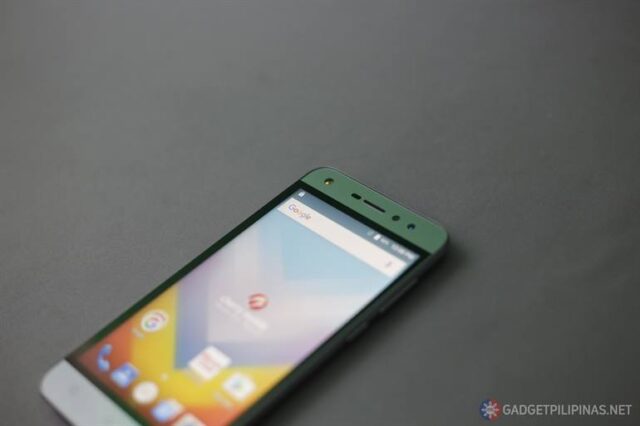
The phone sports a 5-inch HD IPS display with a decent amount of brightess and contrast. There seems to be a yellowish tint that is always present, sort of what you would see when Bluelight filter is ON in other phones. The bezels are also quite big, which can be annoying for some people. But for a device at this price point, i think that it’s an acceptable compromise.
Performance
Cherry Mobile IRIS Specs
- MT6580 1.3GHz Quad-Core Processor
- 1GB of RAM, 8GB of internal storage expandable up to 32GB via MicroSD card
- 5-Inch IPS HD Display
- 8MP Rear Camera, LED Flash
- 5MP Front Camera
- Dual SIM
- Android 6.0 Marshmallow
- 2300mAh Battery
Benchmarks
-

- cm iris antutu1
-

- cm iris antutu2
-

- cm iris gb1
-

- cm iris gb2
-

- cm iris gb3
-

- cm iris gb4
-

- cm iris gb5
-

- cm iris v1
-

- cm iris v2
-

- cm iris v3
The phone only has 8GB of internal storage, so you might want to invest in a MicroSD card. The IRIS can handle daily tasks such as email, social media, web browsing, and watching YouTube videos with no major issues, and surprisingly, it was able to run Asphalt 8 quite smoothly at medium settings, which is pretty impressive given that the device on has 1GB of RAM.
The highlight of the IRIS is of course, the Iris scanner, which requires you to press the power button before it starts to scan. The system does actually work, so long as you take note of the following:
- Remember that the scanner can only recognize your eyes from approximately 2 feet away or less.
- When scanning, look at the sensor, and not on the screen.
Of course, the system isn’t perfect as there were times when I had to look at the sensor a bit longer before it could recognize my eyes, and at times, it completely failed to do so even at the right distance and angle.
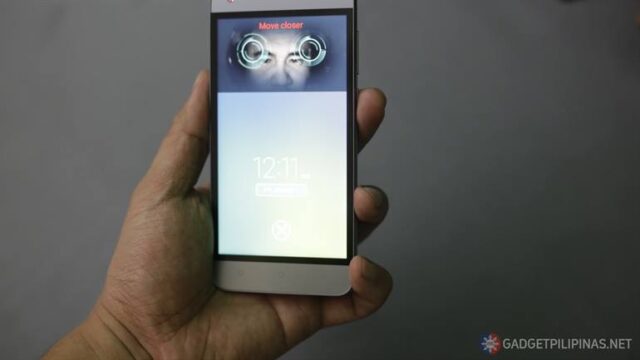 Camera
Camera
The 8MP rear shooter is unfortunately, a little disappointing. Some pictures lack detail and sharpness, though colors are quite accurate and contrast isn’t half bad.
-

- cm iris cam1
-

- cm iris cam2
-

- cm iris cam3
-

- cm iris cam4
-

- cm iris cam5
-

- cm iris cam6
-

- cm iris cam7
-

- cm iris cam8
-

- cm iris cam9
-

- cm iris cam10
-

- cm iris cam11
-

- cm iris cam12
-

- cm iris cam13
The 5MP front-facing camera however, does a decent job at selfies as seen in the samples below:
-

- cm iris cam14
-

- cm iris cam17
-

- cm iris cam16
-

- cm iris cam15
The default interface doesn’t offer a lot of shooting modes except face beauty and panorama, but of course, you can always install a 3rd party camera app to compensate.
-

- cm iris sys8
-

- cm iris sys9
-

- cm iris sys10
-

- cm iris sys11
Sound
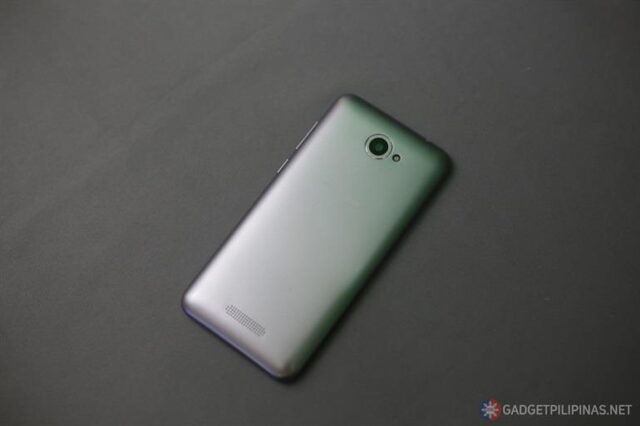
Though the sound quality from the rear speaker is actually quite decent, it’s been positioned in such a way that it gets covered when the phone is placed on the ground, thus, muffling the sound. And It’s not exactly a better case when using headphones as the sound falls short on loudness, clarity, and bass.
Software
The IRIS runs on mostly stock Android, which is a good thing, and overall navigation was smooth without any major issues. There are a couple of Cherry Mobile apps that come pre-installed, and the odd thing is you can’t uninstall most of them. Fortunately though, you can still disable them from the settings menu.
-

- cm iris sys1
-

- cm iris sys2
-

- cm iris sys3
-

- cm iris sys4
-

- cm iris sys31
-

- cm iris sys32
-

- cm iris sys7
-

- cm iris sys5
-

- cm iris sys6
-

- cm iris sys12
-

- cm iris sys13
-

- cm iris sys14
-

- cm iris sys15
-

- cm iris sys16
-

- cm iris sys17
-

- cm iris sys18
-

- cm iris sys19
-

- cm iris sys20
-

- cm iris sys21
-

- cm iris sys22
-

- cm iris sys23
-

- cm iris sys24
-

- cm iris sys25
-

- cm iris sys26
-

- cm iris sys27
-

- cm iris sys28
-

- cm iris sys29
-

- cm iris sys30
-

- cm iris sys33
Battery

Using a test of playing a video on loop at 50% brightness and 80% volume, I was able to squeeze out around 5 hours of on-screen time from the phone’s 2300mAh battery, which is below average, while Charging time from 0% to full is around 2.5 hours.
Verdict
The Cherry Mobile IRIS is a phone which tries to stand out with something unique, but sacrifices some other important things in doing so. Sure, the Iris scanner works most of the time, but I just don’t see the need for it in a budget device. It comes out more as a gimmick than a useful feature. Other than that, it is a good choice if you are looking for a phone with decent performance, without breaking the bank.
The Good
- Iris scanner works most of the time
- Decent general and gaming performance
- Front-facing camera takes decent selfies
- Price (PhP3,499)
- Simple design
- Decent sound quality from speaker
- Stock Android
The Not So Good
- Horrible battery life
- Unimpressive rear camera
- Awkward speaker placement
- No LED notification light
- Lackluster sound quality on headphones
- No LTE
Emman has been writing technical and feature articles since 2010. Prior to this, he became one of the instructors at Asia Pacific College in 2008, and eventually landed a job as Business Analyst and Technical Writer at Integrated Open Source Solutions for almost 3 years.




